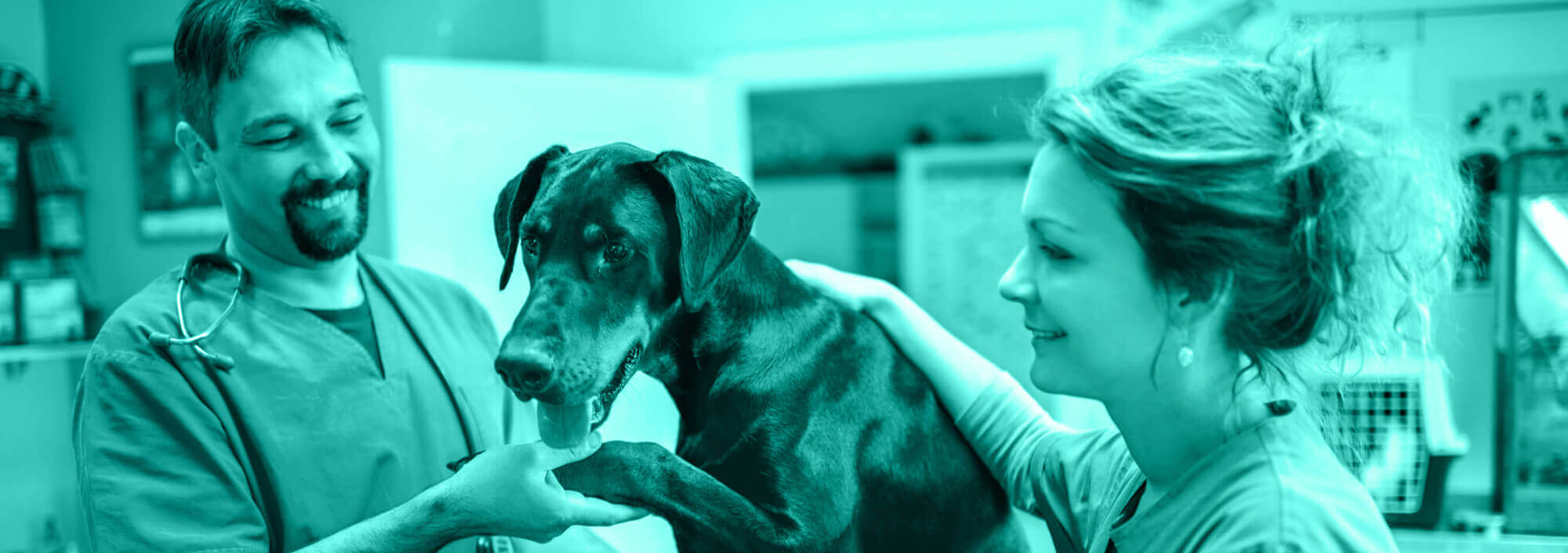
Can You Repeat That? Using the “Say It Once” Technique to Reduce Client Frustrations
In the veterinary field, repetition is often an unfortunate necessity. From the time a client first calls to make an appointment to the time they’re finally seated in front of a veterinarian, they can be asked to repeat their name, their pet’s name, and the reason for the visit numerous times. For your clients, that can be a major annoyance.
“When clients are asked to repeat themselves, they feel like the staff member wasn’t listening to them,” says Heather Romano, managing director of staff development at iVET360, a management services company that works with veterinary hospitals around the country. “It makes them feel unimportant, which ultimately may lead them to leave the practice entirely.”
This happens in nearly all animal hospitals, large and small, rural and urban. While some of these repetitions are unavoidable, like identifying information on the phone or presenting concerns once the client is at the veterinary office, taking a moment to slow down and speak with your clients with more intention can make your clients feel more valued. This is a subtle way to set your veterinary hospital apart from your competition and prevent those heavy sighs that you know mean the client has already been asked that very question—more than once.
According to Romano, you can prioritize client interactions by implementing a “Say It Once” culture at your veterinary hospital. To start, discuss the issue with your team. Have them listen to a few client phone calls or walk them through how many times a client may have to discuss the reason they are at your hospital. Depending on the setup at your hospital, it’s likely at least three times: once when they check in, again when they meet with the veterinary assistant and again when the veterinarian begins the examination. Discuss ways to streamline the client intake process so you can get this number down to one. This can be done a few different ways, Romano says. You could have the client wait to discuss their concerns with the doctor, or perhaps the receptionist can detail the concerns to the veterinary assistant, who will then follow up with the client before passing the information along to the veterinarian. It’s all a matter of paying attention to minute details.
Implementing a “Say It Once” culture sounds simple, but without follow-up, it could all fall apart.
“If you want a culture initiative to be successful, responsibility cannot just fall on the manager,” Romano says. “Every team member must be diligent about holding each other accountable and celebrating successes.” To encourage this, she says to have the team gently remind each other when they ask a client for their information again and give staff options to celebrate each other’s accomplishments when the client only has to “Say It Once.” Romano recommends assigning specific team members to track the success of the program, and then as a group, you can set goals for the number of calls in which a client only has to explain something once.
At each meeting for the first six months after you’ve implemented the program, reserve five minutes to talk about how the initiative is working. Encourage your staff to talk through the times when they struggle to adhere to the concept and let them help each other with suggestions and encouragement. Once those six months are up, have a quick discussion about it at least quarterly at team meetings.
“Keeping the idea fresh in your staff members’ minds is the best way to ensure they don’t slip back into old habits,” Romano says.
And remember: this initiative is about more than avoiding client irritation. When a client is more comfortable at your practice, Romano says, they’re more likely to stick around.







